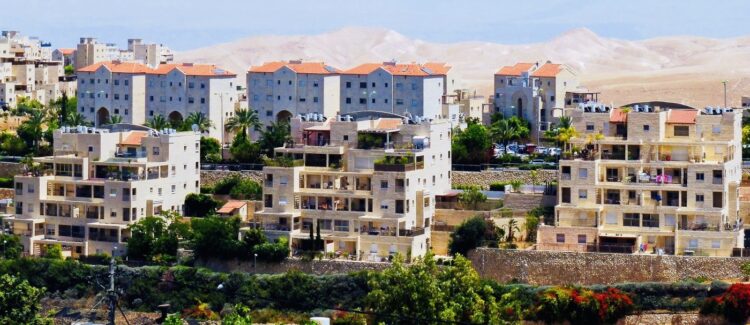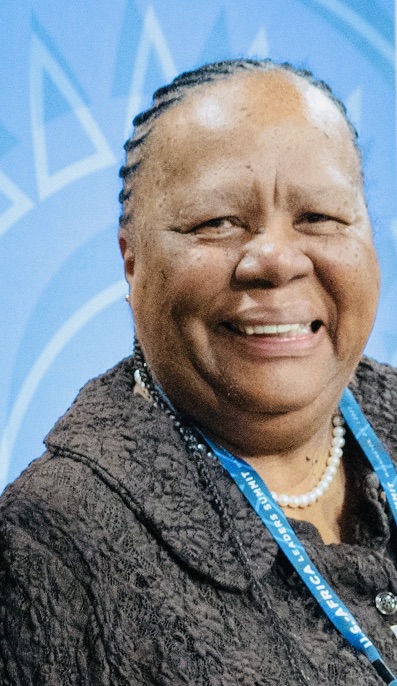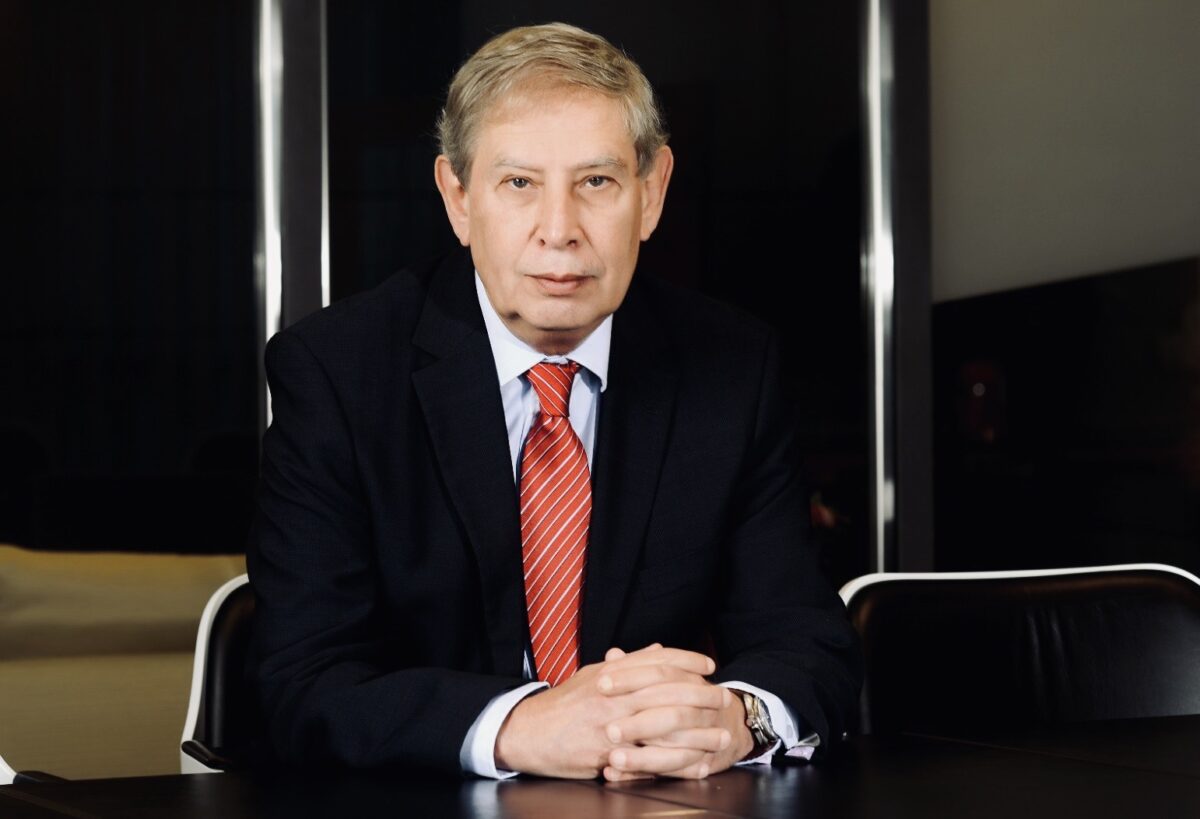Is Israel an apartheid state?
The question itself arouses deep emotions, acrimonious debate, and implies that Israel has strayed far from its liberal democratic values as the world’s only Jewish state.
I’m raising this explosive and divisive issue in light of Tamir Pardo’s recent remarks. The former director of the Mossad, Israel’s external intelligence agency, has compared its mistreatment of the Palestinians in the West Bank to South Africa’s odious system of white supremacy, racial separation and segregation. Known as apartheid, it was established in 1948, only to crumble in 1994 following South Africa’s peaceful evolution into a multiracial state of its citizens.
Of late, both critics of Israel’s occupation of the West Bank and detractors of Jewish statehood have adopted the International Criminal Court’s definition of apartheid as “an institutionalized regime of systematic oppression and domination by one racial group over another racial group.”

The United Nations, in a report issued in 2017, accused Israel of having established “an apartheid regime that oppresses and dominates the Palestinian people as a whole.” The report, titled “Israeli Practices Towards the Palestinian People And The Question of Apartheid,” was commissioned by the United Nations’ Economic and Social Commission for Western Asia.
In 2021, Human Rights Watch began using the term “apartheid” to describe Israel’s policies toward Palestinians. Last year, Amnesty International issued a report accusing Israel of practicing apartheid.
Two years ago, South Africa expressed concerns that Israel’s continued occupation of “significant portions of the West Bank” and the creation of new settlements there “are glaring examples of violations of international law.”

“The Palestinian narrative evokes experiences of South Africa’s own history of racial segregation and oppression,” said Naledi Pandor, the South African minister of international relations and cooperation, who recommended that Israel should be classified as an apartheid state.

Israel vehemently denies that is moving closer to becoming such a state.
Strictly speaking, Israel does not treat Palestinians like non-whites were treated in apartheid South Africa. Israel relates to the Palestinians not from a racial perspective but from the point of view of security.
At the end of the day, however, the Palestinians live under occupation and chafe under a crippling array of undemocratic restrictions that hinder their movement, squelch their right to assembly, and block their aspiration for sovereignty in an independent state.
Pardo, who directed the Mossad from 2011 to 2016, issued his condemnation after expressing public opposition to Prime Minister Benjamin Netanyahu’s intensely controversial plan to overhaul Israel’s judiciary.
Over the years, a number of Israeli officials and diplomats have expressed fears that Israel could well degenerate into an apartheid state if it fails to end its military occupation of the West Bank and agree to Palestinian statehood. They believe the occupation is pushing Israel perilously closer to an apartheid arrangement, which would be designed to maintain Jewish rule from the Jordan River to the Mediterranean Sea and reduce Palestinians to second-class status and servitude.
Pardo, in addressing this theme, went further than most of his colleagues. “There is an apartheid state here,” he said bluntly in an interview with the Associated Press. “In a territory where two people are judged under two legal systems, there is apartheid.”
Netanyahu’s right-wing Likud Party lambasted Pardo, who was appointed to his position by Netanyahu.

This prompted Pardo to blast the two-tier legal system in the West Bank under which Jews are subject to Israeli law, while disenfranchised Palestinians are at the mercy of the laws of Israel’s armed forces.
As he put it, “The fact that there are two populations on the same territory — one that lives according to military law and one according to Israeli law is apartheid by definition.”
Pardo told the Associated Press that he repeatedly warned Netanyahu that, unless Israel’s borders are finally drawn, Israel could face destruction as a Jewish state. “Israel needs to decide what it wants,” he said.
Pardo is not a peacenik in the conventional sense of the word. He favors Israel’s retention of settlement blocs along the old Green Line as a “welcome step,” but opposes the construction and expansion of settlements deep inside the West Bank.
If I understand Pardo correctly, he fears that Netanyahu’s coalition government, the most right-wing in Israeli history, will go beyond these guidelines and plunge Israel into a one-state reality.
Pardo is particularly critical of two ministers in Netanyahu’s cabinet who appear to be pushing for annexation — Finance Minister Bezalel Smotrich of the Religious Zionist Party and National Security Minister Itamar Ben-Gvir of the Jewish Power Party.
Israel certainly faces a dilemma in the West Bank.
If Israel gives the Palestinians there the right to vote, which is extremely unlikely, Israel will ultimately morph into a binational state with an inevitable Arab majority. This would be spell finis to the Zionist dream of a Jewish state in the ancestral land of the Jewish people.
If Israel opts for the status quo, or the occupation, Israel will never enjoy peace and quiet and will turn into a latter-day Sparta that lives by the sword. Under these circumstances, Israel would be constantly tarred with the brush of apartheid, a development to which Pardo has alluded.
There is really only one sensible and pragmatic solution — separation. This would take the form of a negotiated two-state solution that grants Palestinians statehood within specific boundaries and gives Israel security and coexistence with its Arab neighbors.
I strongly suspect that Pardo would agree with this formula.
